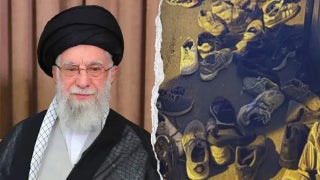Fox News Flash top headlines for December 7
Fox News Flash top headlines are here. Check out what's clicking on Foxnews.com.
The Nigerian military has conducted at least 10,000 secret and often forced abortions on women who were suspected of being impregnated by Boko Haram militants since 2013 as the nation looked to crack down on the insurgency group, an investigation by Reuters said Wednesday.
After speaking with victims, health care workers and military members, the report detailed a clandestine abortion program was launched because senior officials reportedly believed infants born to insurgent fathers were "predestined" to "one day take up arms against the Nigerian government."
One civilian health care worker described the program as "sanitizing the society" as women, largely without their consent, were given pills and injections to force abortions after being kidnaped and often raped by members of Boko Haram.
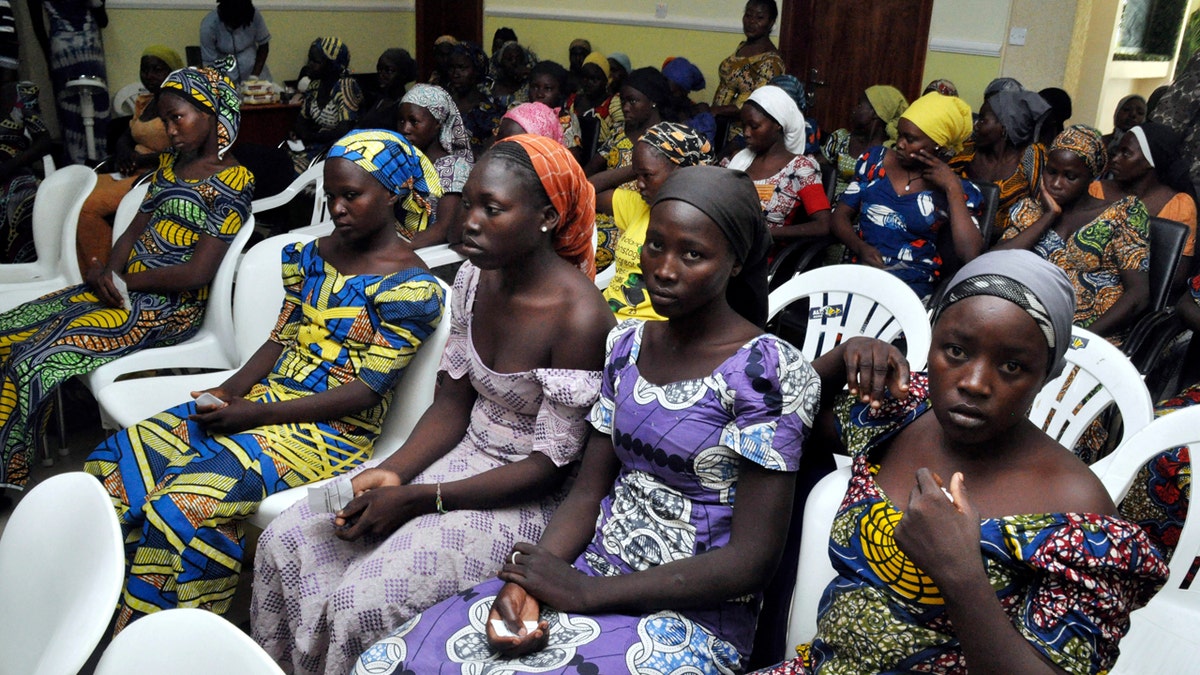
Chibok schoolgirls freed from Boko Haram captivity are seen in Abuja, Nigeria, May 7, 2017. (AP Photo/ Olamikan Gbemiga)
CHRISTIANS IN NIGERIA LIVING UNDER A 'BIG CLOUD OF TERROR': NIGERIAN JOURNALIST
Four soldiers described for the publication how they were told by their superiors that the abortions were necessary to "destroy insurgent fighters before they could be born."
Soldiers detailed how women would either be separated in the field following rescue operations or later taken in groups to military facilities or civilian hospitals to undergo a required abortion.
Some women who resisted the military’s efforts after learning about the abortion program were forced to endure the procedure by being beaten, caned, tied down, held at gunpoint or drugged into submission, the investigation found.
One 24-year-old woman described being clubbed and insulted while being given medication to force an abortion at a military facility in northeast Nigeria in 2018.
"One of the soldiers beat me, saying that it’s a ‘bastard child’ from ‘a Boko Haram pregnancy,’" she said during the investigation. "He hit me with a gun."
Four health care workers told Reuters reporters that the scheme was for the good of the women and unborn children whom they argued would face stigma for being associated with Boko Haram.
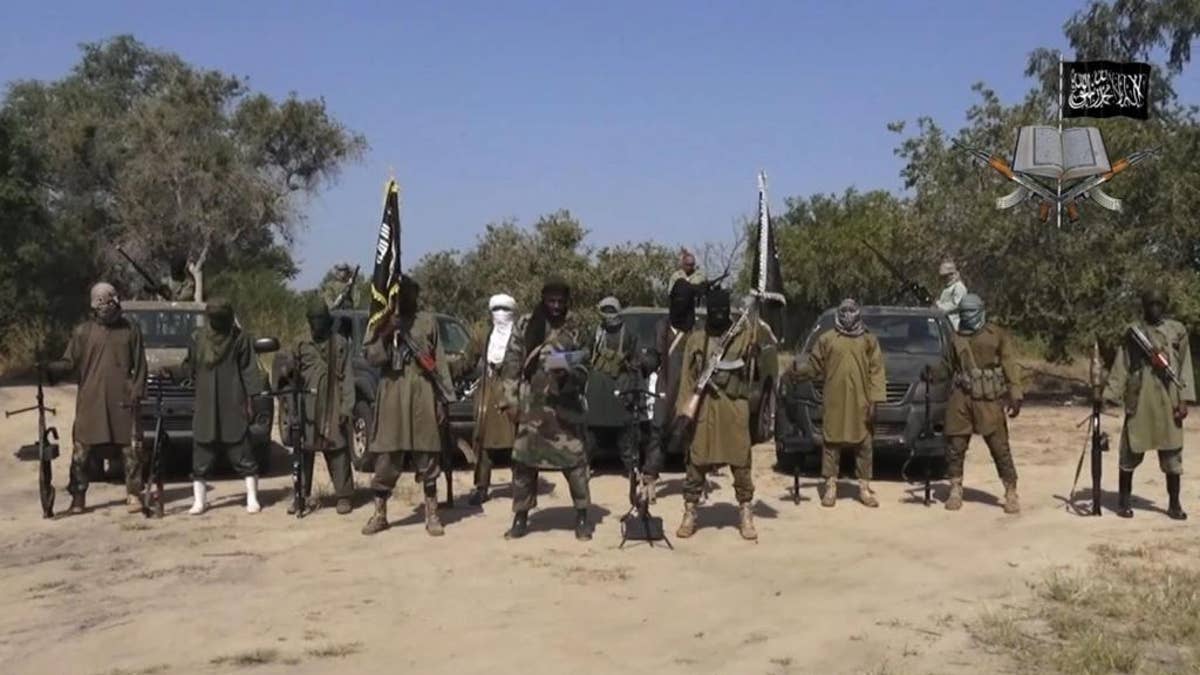
FILE - Boko Haram militants (AP)
A number of women described being completely taken unaware by what was being done to them and were told they were being given medication to improve their health after living in captivity – in some instances for more than a year.
Multiple women said they realized what was happening after they began to experience sharp pains in their abdomen accompanied by bleeding.
Some of the abortions proved fatal, including for a woman who was believed to be six to seven months pregnant when she was given an injection.
"She was crying, yelling, rolling around, and at long last she stopped rolling and shouting. She became so weak and traumatized, and then she stopped breathing," said one woman who went by the name Ibrahim.
"They just dug a hole, and they put sand over it and buried her," she added.
Ibrahim’s account was reportedly corroborated by a companion of hers with whom Reuters also spoke.
Four soldiers and two security officers also told the publication that they had either witnessed women die during the procedures or later discovered their corpses.
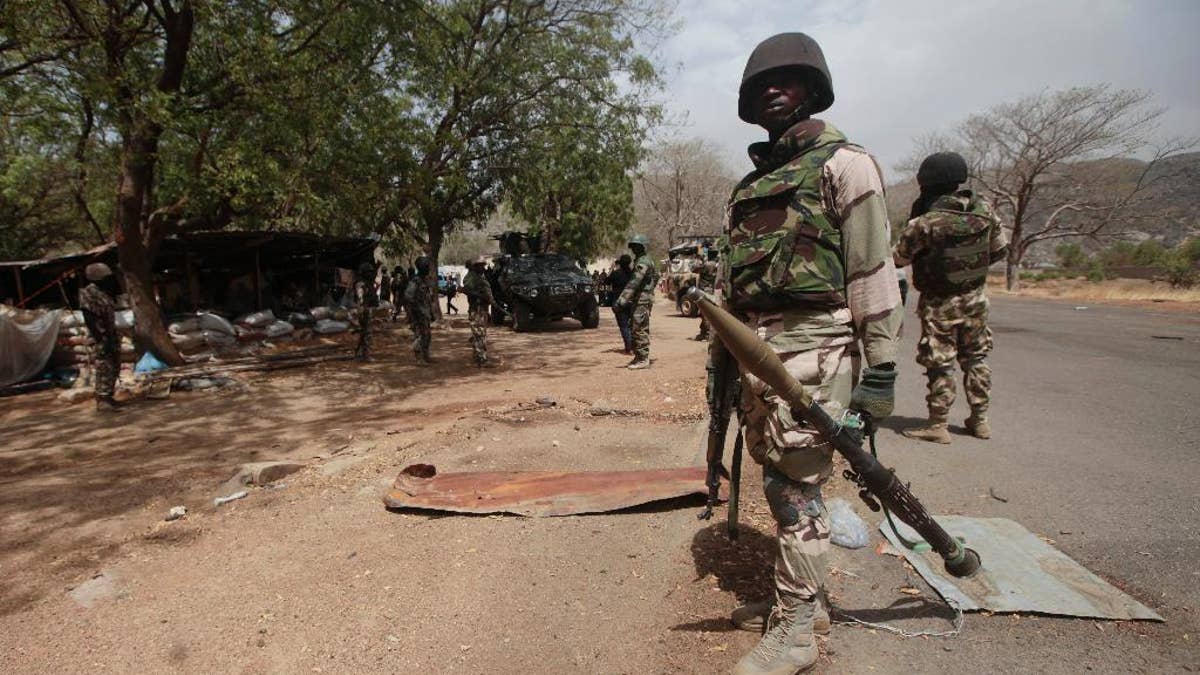
FILE - Nigerian soldiers man a checkpoint in Gwoza, Nigeria, a town liberated from Boko Haram, April 8, 2015. (The Associated Press)
SUSPECTED BOKO HARAM EXTREMISTS KILLED AT LEAST 65 AT NIGERIA FUNERAL, OFFICIALS SAY
The investigation was unable to confirm how many women died under the program since 2013 or who even was behind the clandestine scheme.
Nigerian military officials denied the existence of the program when questioned by Reuters, though the publication said it reviewed hospital records, military lists detailing abortion procedures and spoke with numerous eyewitnesses.
The report noted that Reuters believes the estimated 10,000 abortions since 2013 to be an undercount, based on documents it obtained and conversations with eyewitnesses.
Boko Haram has existed in various forms in northeastern Nigeria since the late 1990s.
Fighting between the government and the insurgent group escalated roughly a decade later as the group began to more aggressively target Christians and civilians.
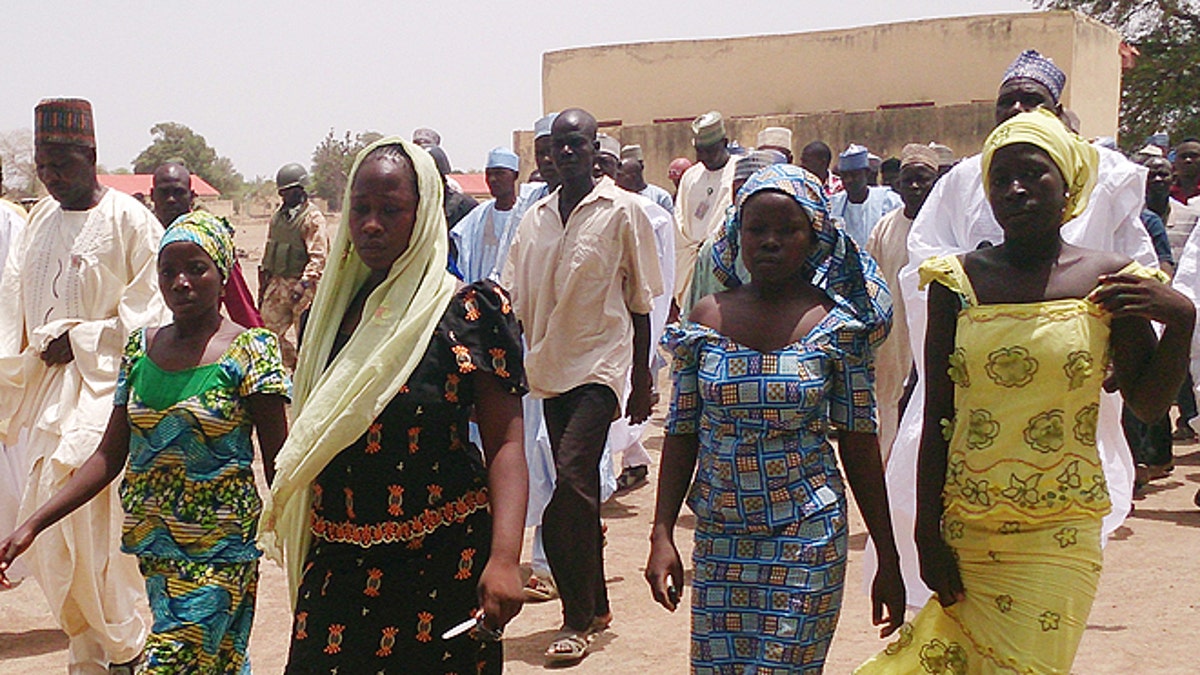
FILE - These girls escaped from Boko Haram. (AP)
CLICK HERE TO GET THE FOX NEWS APP
By 2014, Boko Haram had garnered international attention following the abduction of 276 schoolgirls from the northeastern town of Chibok.
Dozens of the abducted victims remain unaccounted for and several mass abductions have since occurred.







